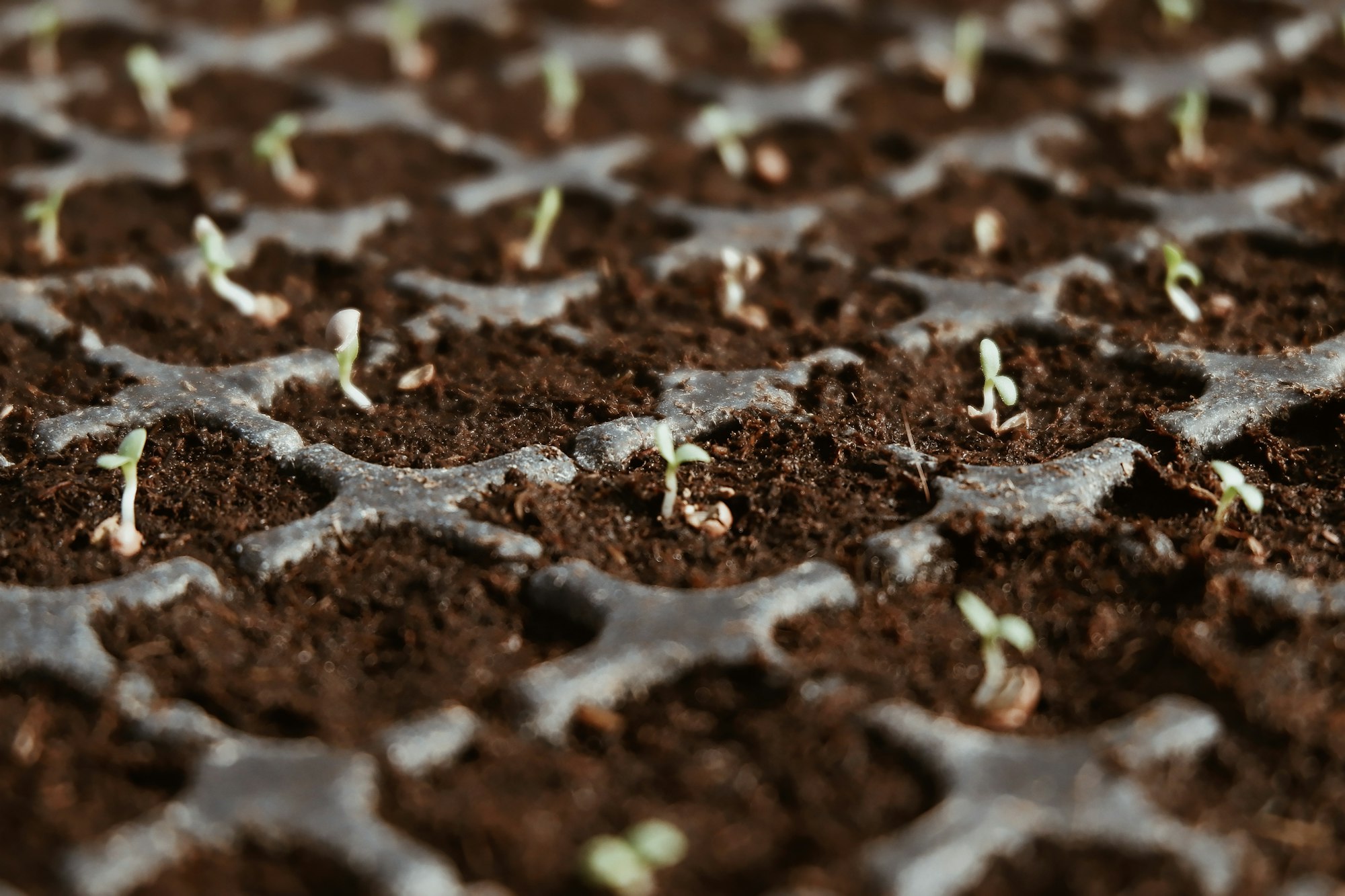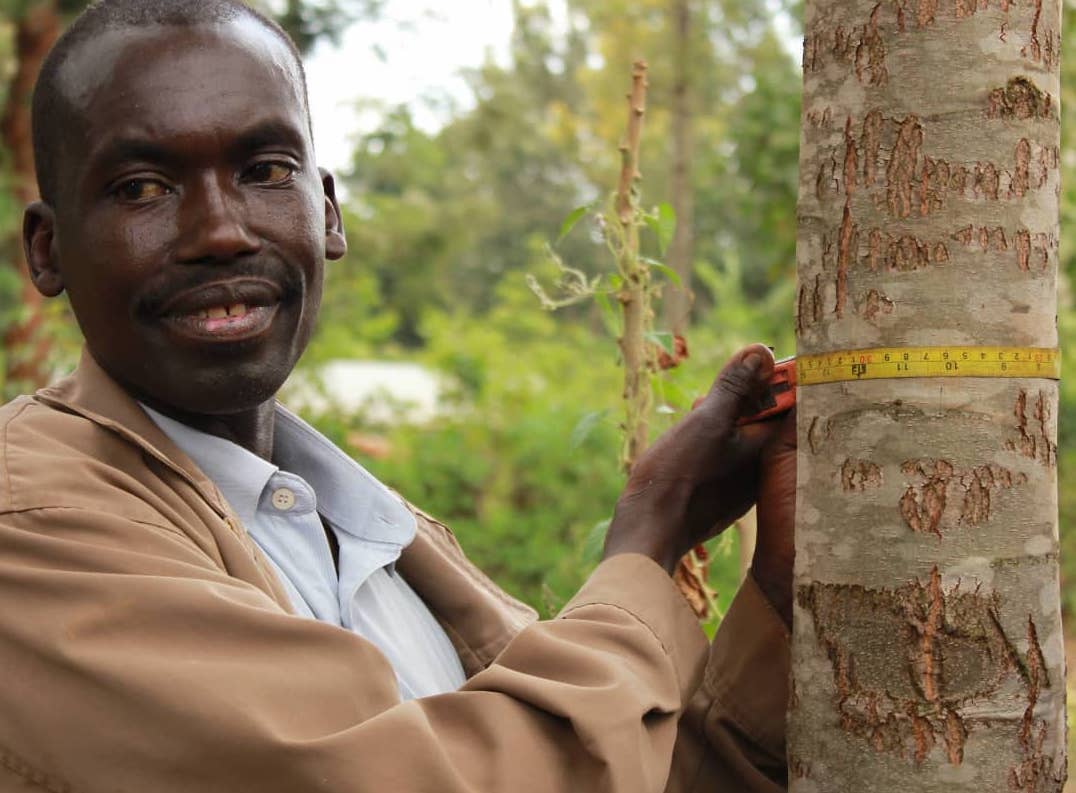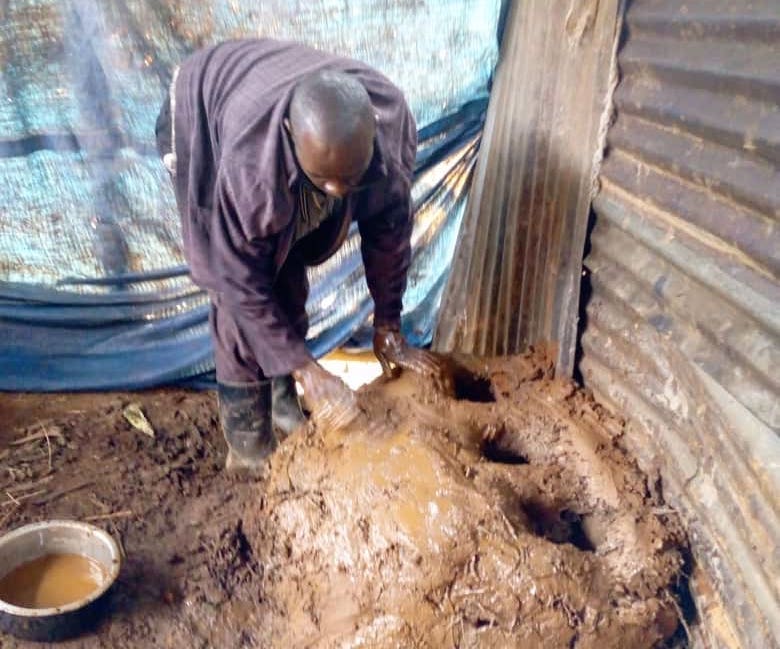Tree count passes 19m as pandemic adaptations continue
The July update from Community Tree Planting is here. Read on to learn more about pandemic adaptations and project milestones.

Hello Wren subscribers!
Hope you're holding up OK still. Here in the U.S., we've been watching COVID-19 cases continue to rise, and uncertainty is as high as ever. In East Africa where the Community Tree Planting project is happening, we unfortunately see similar trend lines.
Still, the farmers behind the project are as determined as ever! Read on to learn about a major milestone reached by the project in July, as well as some new adaptations being made to keep the project on course during the pandemic.
19 million trees planted by the Community Tree Planting project
When the foundation for the Community Tree Planting project began in Tanzania in 1999, it was an answer to a number of questions subsistence farmers wanted to answer.
"First, our land was desertified and we had little ability to grow food, no way for the soil to retain water, no wind blockage... As we dove deeper into how we could solve these problems, the answer to these issues was trees!"

"Second, we farmers wanted to make a difference not only in our own lives, but also for the planet."
"Third, we needed a way to support ourselves and our communities, a way to earn revenue in addition to the many benefits trees provide."
Trees sequester carbon and, when properly monitored and verified, create carbon credits which can be sold on the global carbon market. Fast-forward 20 years and 93,000+ farmers are paid to plant and care for 19,000,000 trees!
Farmers continue to adapt to pandemic
One thing Community Tree Planting farmers are doing while staying on their farms due to COVID-19 is building safe, energy-efficient cooking stoves!

These stoves are safe because they ventilate the smoke outside. A staggering amount of people living subsistence lives - mainly women and children - suffer from respiratory issues due to improper cooking stoves that don't vent smoke outside. The smoke builds up inside and whoever is present breathes it in, causing health issues for the young and old alike.
And they're energy-efficient because they use solid materials and are well-insulated to conserve heat better than typical stoves found in many subsistence farmers' homes.
Taking the time to build these cooking stoves during coronavirus downtime is a great way to be productive while remaining on the farm.
That's it for this month's update on Community Tree Planting! If you can, we'd appreciate you sharing Wren with your friends & family (check out your referral link below)... it's the #1 way we grow 🧡

